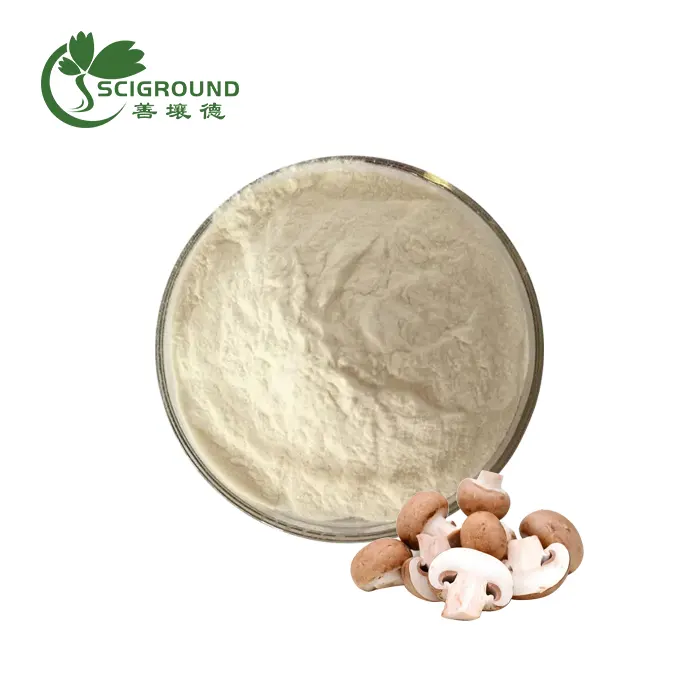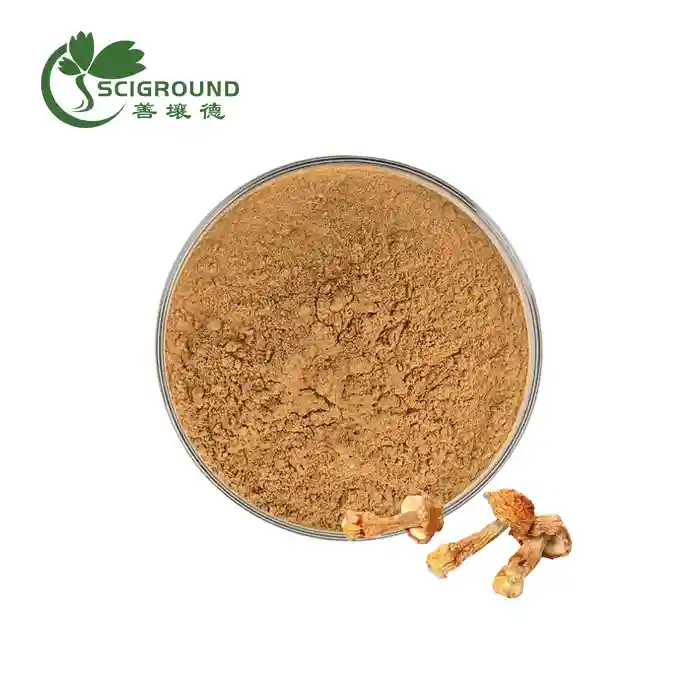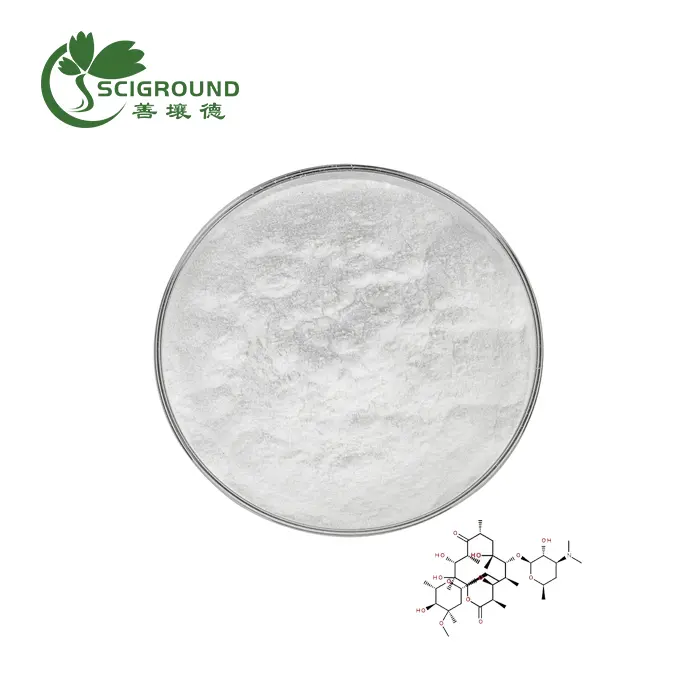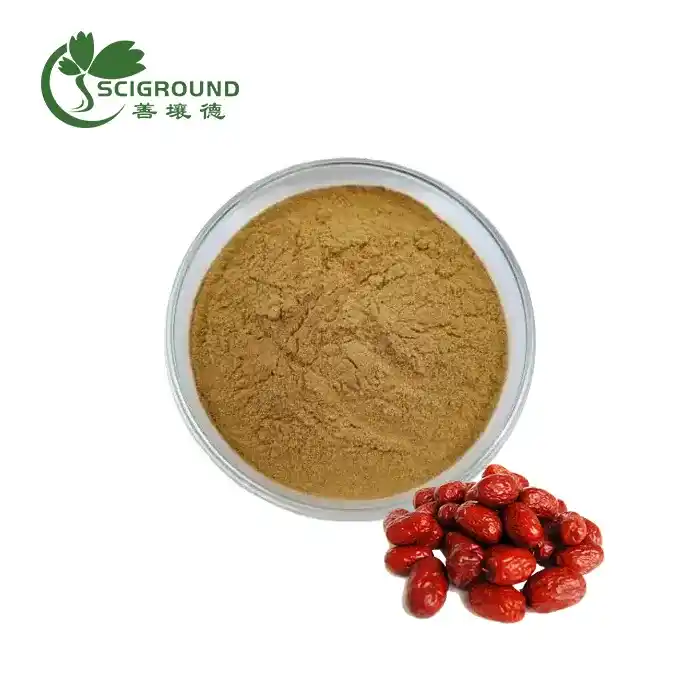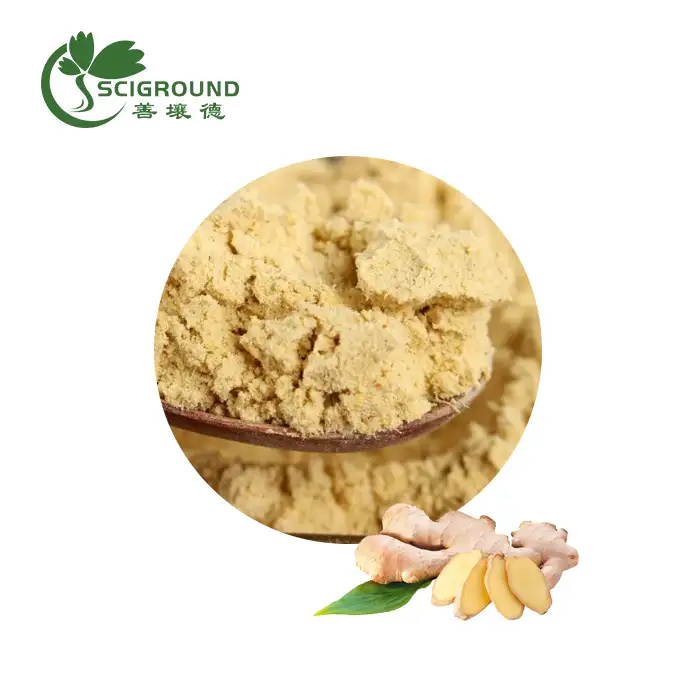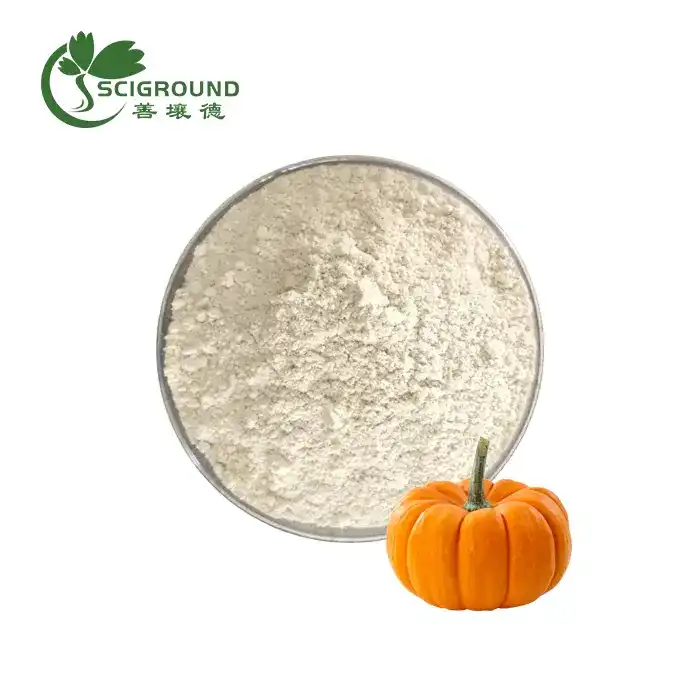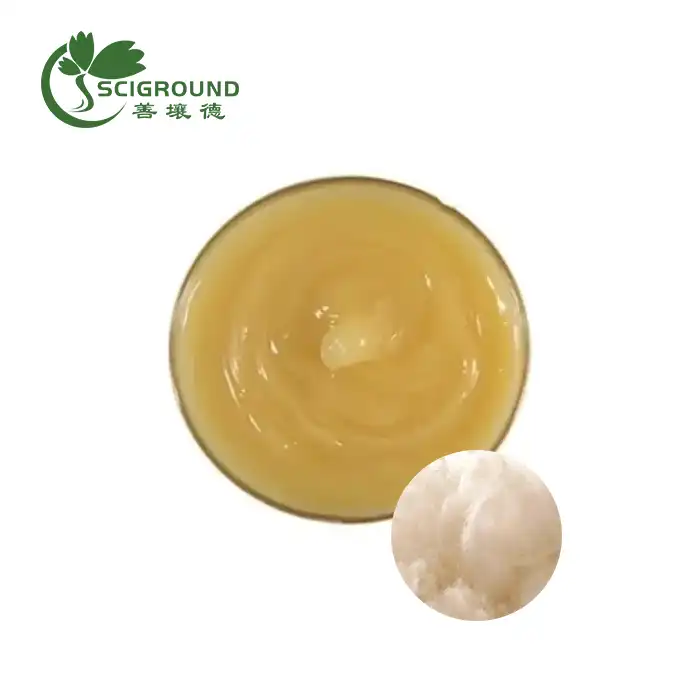What is Stephania
Stephania, a genus of flowering plants belonging to the Menispermaceae family, has been captivating the attention of herbal enthusiasts and researchers alike. This botanical wonder encompasses various species, each with its unique characteristics and potential health benefits. Let's embark on a journey to explore the mysterious world of Stephania.
Botanical Diversity:
Stephania Tetrandra:
One of the most well-known species is Stephania tetrandra, native to China and Japan. In traditional Chinese medicine, its roots have been utilized for centuries for their purported anti-inflammatory and diuretic properties.
Stephania Erecta:
Another notable species is Stephania erecta, found in Southeast Asia. The tubers of Stephania erecta have been traditionally used by certain indigenous communities for various medicinal purposes.
Traditional Uses:
Traditional Chinese Medicine (TCM):
In TCM, Stephania tetrandra is often referred to as "Han Fang Ji." Its roots are believed to possess qualities that may help with conditions such as arthritis and edema. Research suggests that certain alkaloids present in Stephania tetrandra may contribute to its anti-inflammatory effects.
Rheumatism and Joint Health:
Stephania species have a historical association with promoting joint health and alleviating rheumatic conditions. The plant's potential as an anti-rheumatic agent has attracted interest from researchers exploring natural alternatives for managing inflammatory disorders.
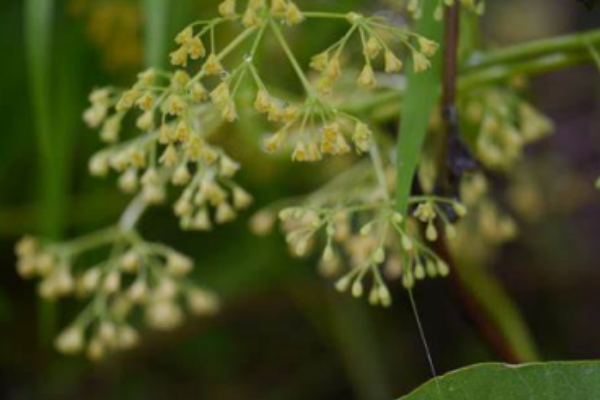
Phytochemical Composition:
Alkaloids:
Stephania plants are rich in alkaloids, which are chemical compounds known for their diverse pharmacological activities. Alkaloids present in Stephania species have been studied for their potential anti-inflammatory and analgesic effects.
Tetrandrine:
Tetrandrine, a prominent alkaloid found in Stephania tetrandra, has been a subject of scientific investigation. Studies suggest that tetrandrine may possess anti-inflammatory and immunomodulatory properties, making it a focus of interest in the field of natural medicine.
Research and Modern Applications:
Inflammation and Autoimmune Disorders:
Ongoing research is exploring the potential of Stephania extracts, especially Stephania tetrandra, in managing inflammation and autoimmune disorders. Preliminary studies indicate promising anti-inflammatory effects, sparking curiosity about its future applications.
Stephania has set up its place in the realm of indispensable drug, with some herbal supplements incorporating excerpts from colorful species. still, it's important to note that the use of Stephania- grounded products should be approached with caution, and discussion with healthcare professionals is judicious.
What's Stephania used for?
Stephania is a medicinal factory that has been used in traditional Chinese drug for centuries. It's known for its colorful health benefits and remedial parcels. Stephania is frequently used to treat a range of conditions, including inflammation, pain, and respiratory diseases. The factory contains several active composites, similar as alkaloids and flavonoids, which contribute to its medicinal parcels.
What are the side goods of Stephania?
While Stephania, particularly Stephania tetrandra, has been traditionally used in herbal drug for its implicit health benefits, it's important to be apprehensive of implicit side goods and exercise caution, especially when using excerpts or supplements. Some reported side goods and considerations include
Liver Health There have been reports suggesting a implicit link between Stephania tetrandra and liver toxin. Although the medium isn't completely understood, individualities withpre-existing liver conditions should exercise caution and consult healthcare professionals before using Stephania- grounded products.
gestation and Breastfeeding Limited information is available regarding the safety of Stephania during gestation and breastfeeding. Due to the lack of comprehensive studies, it's judicious for pregnant or breastfeeding individualities to avoid Stephania- grounded supplements.
medicine relations Stephania may interact with certain specifics, affecting their efficacity or amplifying side goods. individualities taking specifics should consult with their healthcare providers to avoid implicit relations.
Antipathetic responses Like any herbal supplement, Stephania may beget antipathetic responses in some individualities. Common symptoms of disinclinations include rash, itching, swelling, or difficulty breathing. Seek medical attention if these symptoms do.
Before incorporating Stephania into your health regimen, it is crucial to consult with a healthcare professional, especially if you have underlying health conditions or are taking medications. While research on Stephania is ongoing, its safety profile and potential side effects should be thoroughly understood to make informed decisions about its use.
What is the common name for Stephania?
Stephania is commonly known by its scientific name, but it also has various common names in different regions. In China, it is often referred to as "Fang Ji," which translates to "square stem." In other parts of the world, Stephania may be known as "Chinese goldthread" or "Han Fang Ji." These common names reflect the plant's cultural and historical significance in traditional medicine practices.
Conclusion:
Stephania, with its rich botanical diversity and historical significance in traditional medicine, continues to intrigue both herbal enthusiasts and researchers. As investigations into its phytochemical composition and potential health benefits progress, the enigmatic plant may unlock new avenues for natural remedies. While the allure of Stephania is undeniable, it is crucial to approach its utilization with a balanced perspective, combining traditional wisdom with scientific scrutiny for a holistic understanding of its properties.
At Sciground, we are dedicated to providing high-quality herbal products derived from natural sources. Our team of experts ensures that all our products, including Stephania, undergo rigorous testing and quality control measures to meet the highest industry standards. If you have any questions or would like more information about Stephania or our other products, please feel free to reach out to us at info@scigroundbio.com. We would be happy to assist you!
References:
Li, M., et al. (2018). Tetrandrine, an alkaloid from Stephania tetrandrae roots, inhibits the inflammation in murine collagen-induced arthritis. European Journal of Pharmacology, 833, 50–58.
Yang, S., et al. (2015). Tetrandrine suppresses lung cancer growth and induces apoptosis. Scientific Reports, 5, 8909.
Related Industry Knowledge
- What is aescin used for?
- How do you take proline powder?
- Is Soy Lecithin Safe for Skin?
- What are the benefits of vine tea extract?
- Is tannic acid safe for humans?
- Chicory Root vs Jerusalem Artichoke Inulin
- How much capsaicin should i take?
- When should i take creatine monohydrate?
- How much protein in peas?
- Exploring the Wonders of Alfalfa Extract Powder: A Comprehensive Overview
